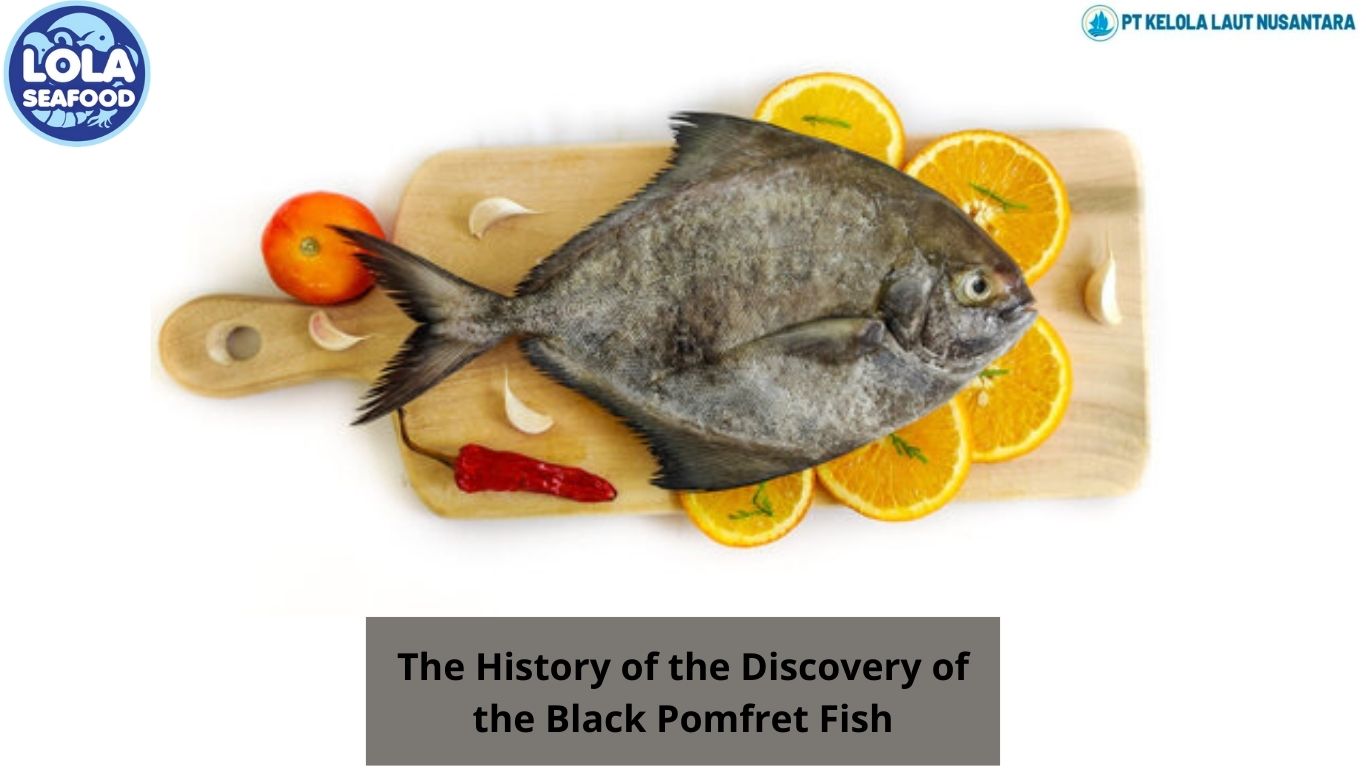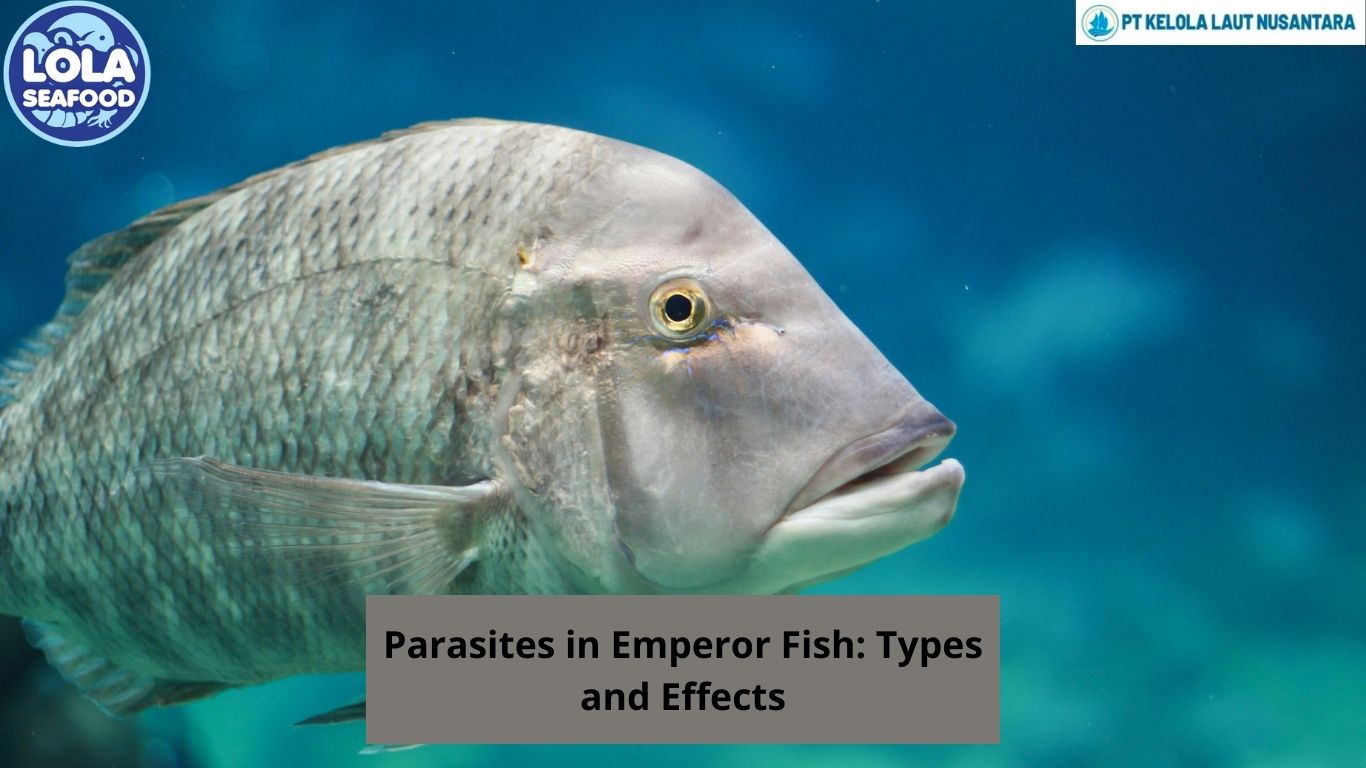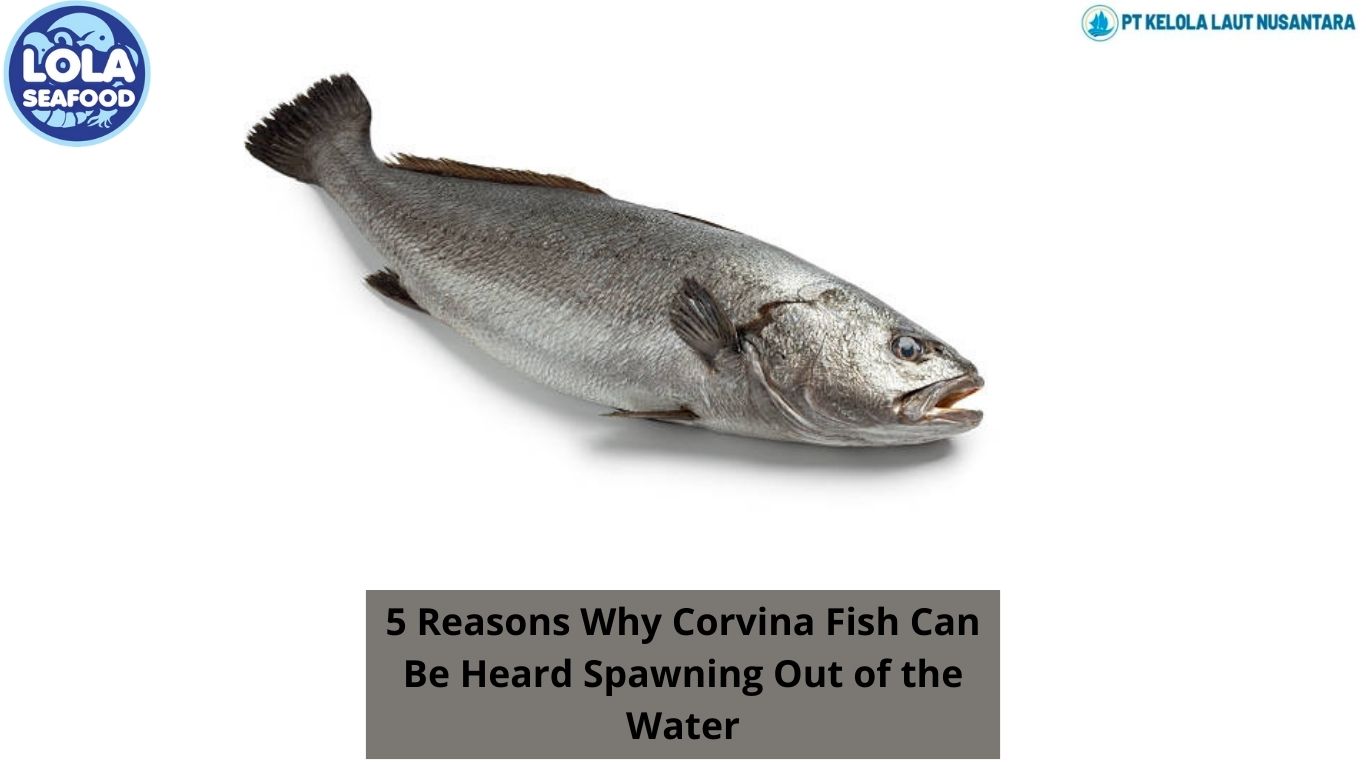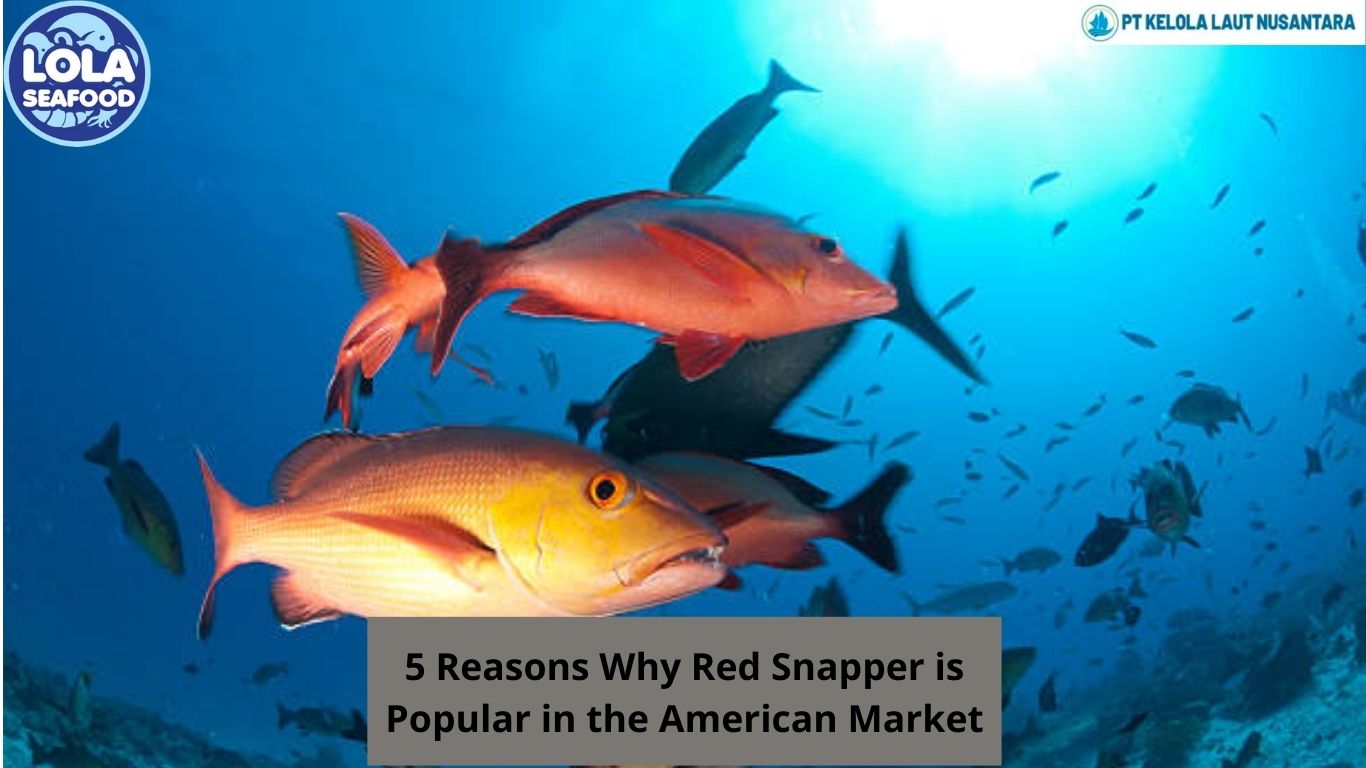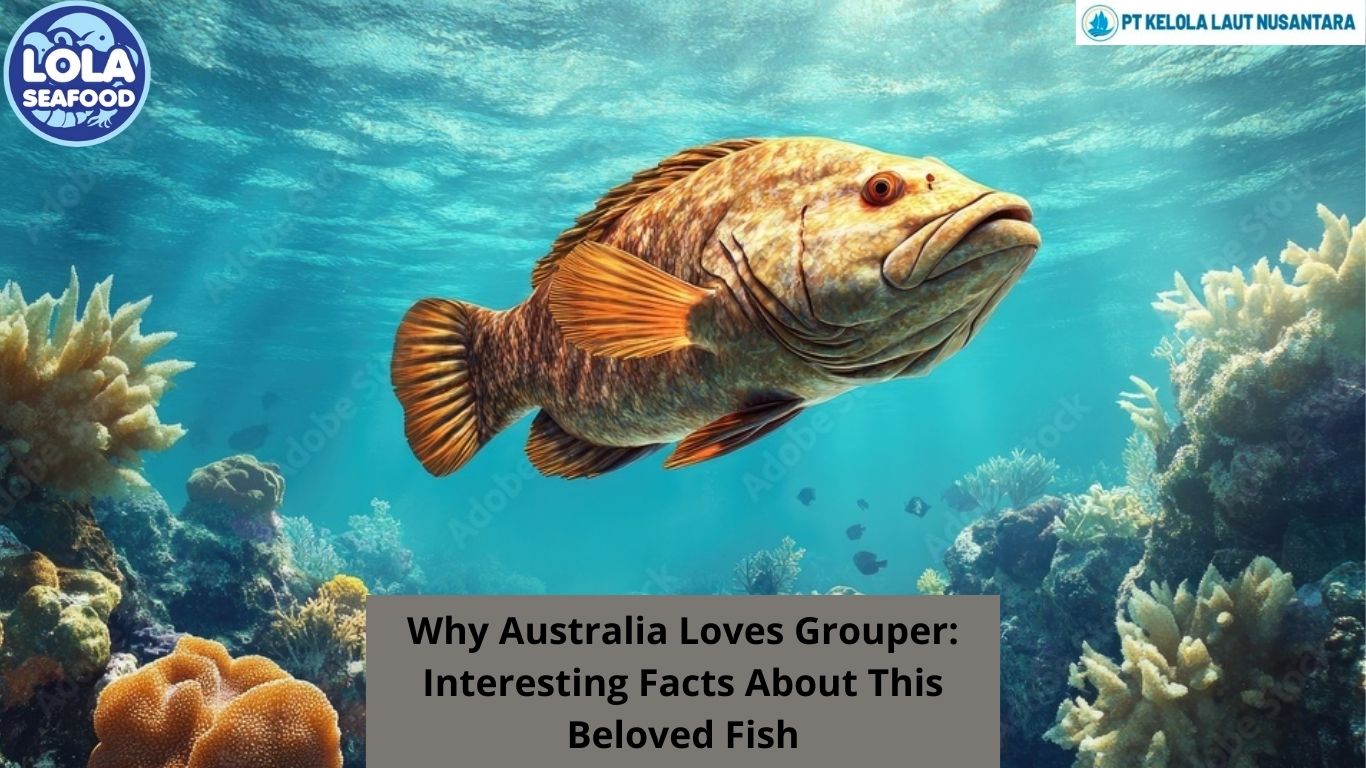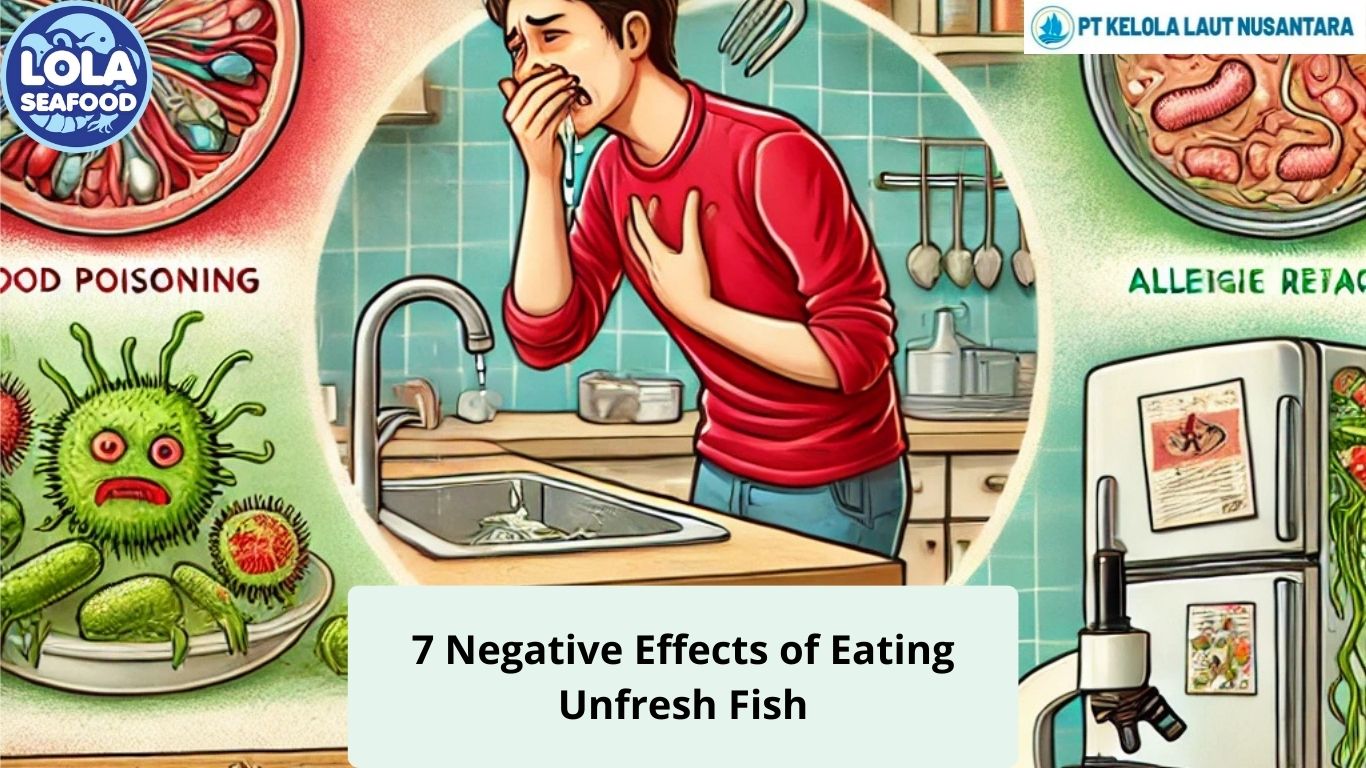Standards and Quality of Fishery Products
By. Wiwik Rasmini - 13 Dec 2024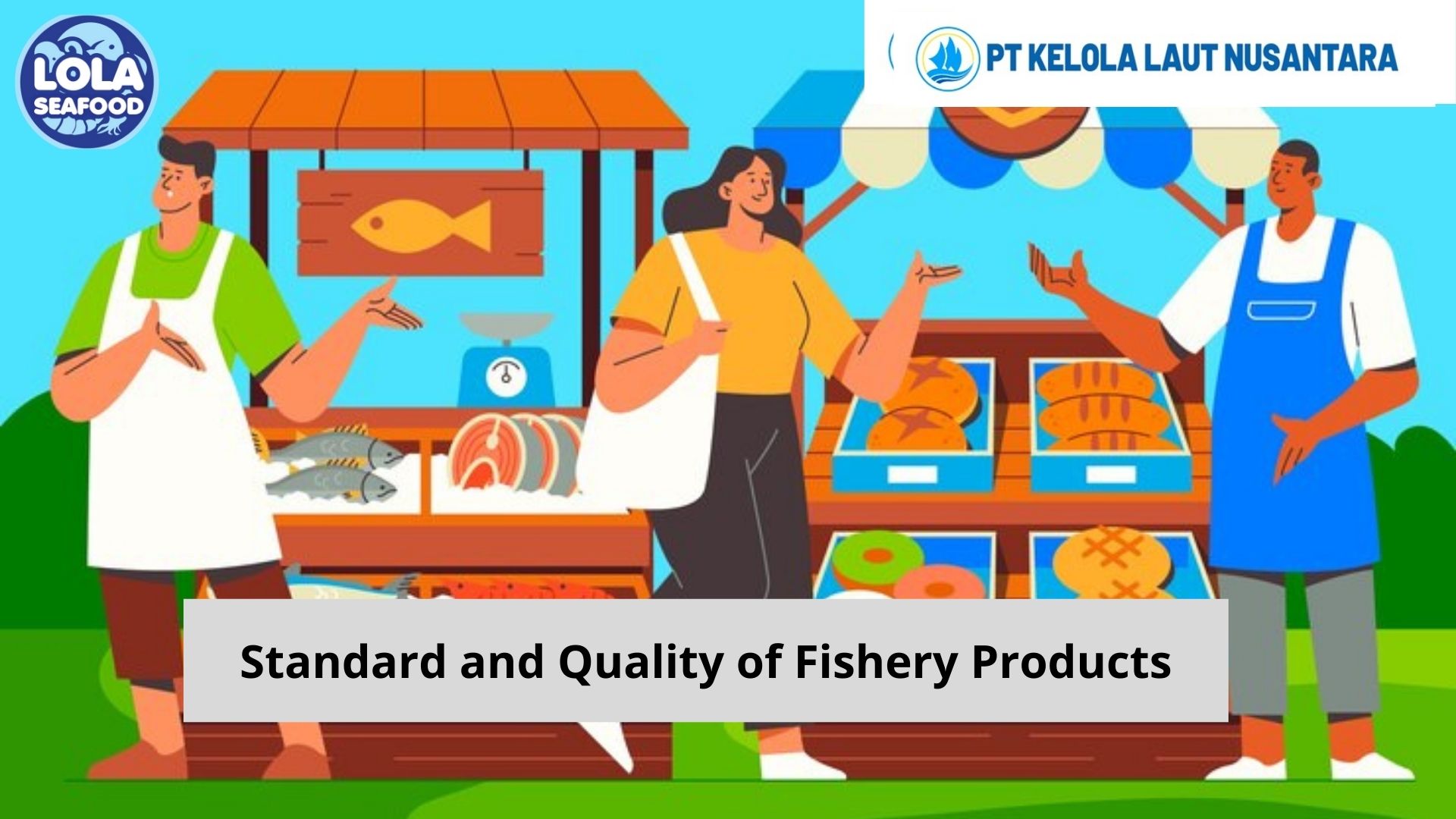
kelolalaut.com The fisheries sector is a vital part of Indonesia's economy, especially as one of its leading export commodities. However, the success of Indonesian fishery products in international markets greatly depends on meeting quality standards and complying with the regulations of the destination countries. Below is a review of the standards and quality requirements for fishery exports.
1. The Importance of Fishery Export Quality Standards
Product quality standards in the fisheries sector aim to ensure food safety, environmental sustainability, and consumer satisfaction in global markets. Products that fail to meet these standards risk being rejected by the destination countries, resulting in significant losses for exporters.
2. International Standards in Fishery Exports
Several international standards must be met by Indonesian fishery products, including:
- HACCP (Hazard Analysis and Critical Control Points): A food safety management system that identifies and controls potential hazards in the production process.
- ISO 22000: An international standard for food safety management systems.
- MSC (Marine Stewardship Council): Certification for sustainability in wild-capture fisheries.
- ASC (Aquaculture Stewardship Council): Certification for sustainability in aquaculture practices.
- Destination country standards: For example, the European Union requires IUU (Illegal, Unreported, and Unregulated Fishing) certification, while Japan and the United States impose stringent regulations on chemical residues.
3. Quality Requirements
Fishery export products must meet the following criteria:
- Freshness: Products must be free from unpleasant odors, discoloration, or signs of spoilage.
- Cleanliness: Products must be free from microbiological contamination, harmful chemicals, and foreign objects.
- Traceability: Each product must be traceable to its origin to ensure responsible fishing practices.
- Packaging and Labeling: Packaging must comply with international standards and include clear product information such as production dates, expiration dates, and the product's origin.
4. Challenges and Efforts to Improve
Some challenges commonly faced include:
- Lack of infrastructure: Inadequate storage and processing facilities.
- Limited awareness of international standards: Small-scale entrepreneurs often lack understanding of the importance of certifications and export standards.
- Tight competition in global markets: Indonesia competes with other countries that have more advanced technologies.
To overcome these challenges, the government and businesses can take the following steps:
- Provide training for industry players on export standards.
- Increase investment in infrastructure such as cold storage and modern processing facilities.
- Encourage research and innovation to boost productivity and product quality.
5. Potential and Opportunities
With its vast and diverse waters, Indonesia has tremendous potential to become a global leader in fishery exports. Products like shrimp, tuna, and seaweed are highly sought after in global markets. By meeting international standards, Indonesia can expand its market reach and increase the value of its fishery exports.
If you are interested in our emperor, barramundi fillet skinless and scarlet snapper fillet please do not hesitate to contact us through email and/or whatsapp
